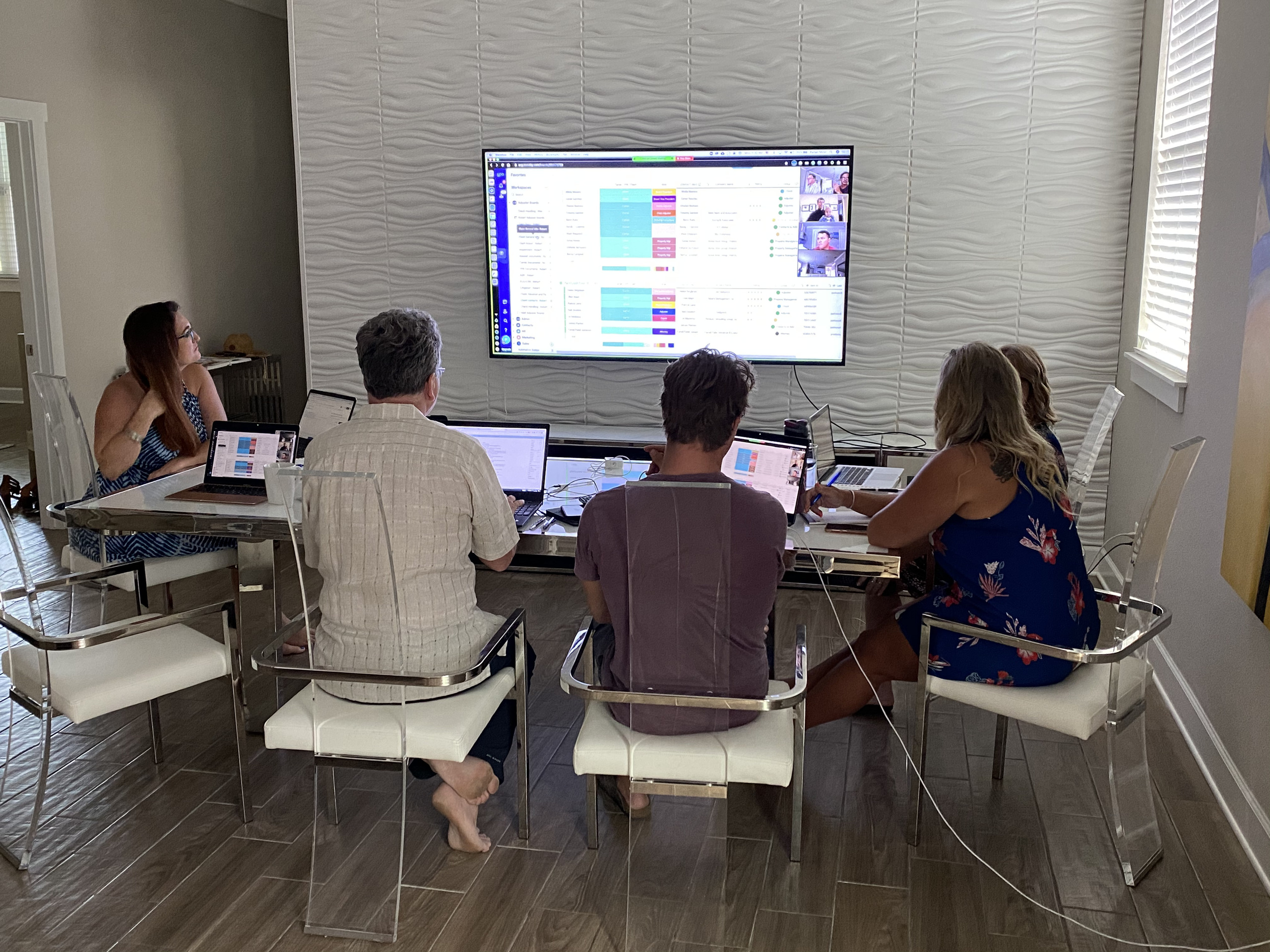How To Report HOA Abuse In Florida

Homeowners’ associations (HOAs) can be beneficial in maintaining community standards, but what happens when they overstep their boundaries? HOA abuse can take many forms, from imposing excessive fines to selective enforcement of rules.
If you’re a Florida resident experiencing unfair treatment or suspect your HOA is not acting in the community’s best interest, it’s essential to know how to report HOA abuse in Florida. Taking the right steps can help you resolve these issues and ensure that your community operates fairly and transparently.
Recognizing Signs of HOA Abuse
Before reporting HOA abuse, you need to understand what constitutes abusive behavior. HOA abuse can include unfair enforcement of rules, improper use of funds, lack of transparency in decision-making, harassment, and failure to maintain common areas. It can also involve board members using their positions for personal gain or making decisions that don’t align with the community’s interests.
Identifying these signs is the first step toward addressing the problem. Be aware of any unusual activity within your HOA and how it affects the community as a whole. Keep an eye out for any sudden changes in policies or financial practices that seem suspicious or unaccounted for.
Documenting the Issue
Once you recognize potential HOA abuse, documenting your experiences is necessary. Collect evidence of the abuse, such as photos, emails, letters, and meeting notes. This documentation will be key when filing a formal complaint. Keep records of any interactions with the HOA board, especially if they involve harassment or discrimination.
Detailed documentation strengthens your case and provides a clear picture of the abuse, making it easier for authorities to understand and address the issue. Be thorough in your documentation and maintain a timeline of events to establish a pattern of behavior.
Reviewing Your HOA’s Governing Documents
Before escalating the issue, review your HOA’s governing documents, including the bylaws, covenants, conditions, and restrictions (CC&Rs), to understand your rights and the HOA’s responsibilities. These documents outline the rules and regulations that the HOA must follow. Familiarizing yourself with these guidelines can help you identify specific violations and frame your complaint effectively.
Understanding the governing documents also prepares you to address any counterarguments that the HOA might present and ensures that your claims are based on documented obligations and duties. Being informed empowers you to stand your ground during discussions and negotiations with the HOA board.
Attempting Resolution Within the Community
Before involving external authorities, try to resolve the issue within your community. Contact the HOA board and express your concerns respectfully. Request a meeting or attend an HOA meeting to voice your grievances. Sometimes, open communication can lead to a resolution without further conflict.
Approaching the board directly demonstrates your willingness to work collaboratively and seek a peaceful solution. This can also build community support and encourage other residents who might be facing similar issues to join you in addressing the problem. Collective voices often carry more weight in discussions and can lead to positive change.
Filing a Formal Complaint
If internal resolution fails, it may be time to file a formal complaint with the Florida Department of Business and Professional Regulation (DBPR). The DBPR oversees HOAs and can investigate complaints of abuse or mismanagement. Submit your complaint online or in writing, providing all necessary documentation and a clear explanation of the issues.
Filing a formal complaint initiates an official investigation and holds the HOA accountable for any violations. The DBPR has the authority to impose penalties or require corrective actions if the HOA is found to be in violation of state laws or its governing documents. This step can lead to meaningful change and protect the rights of residents.
Considering Legal Action
In severe cases, legal action might be required. Consult an attorney experienced in HOA law to discuss your options. They can guide you through the legal process, advise on the best course of action, and represent your interests in court if necessary.
Legal action should be a last resort due to the time and cost involved. However, it may be essential to protect your rights and ensure that the HOA complies with its obligations. A successful legal outcome can set a precedent and discourage future abuse within the community.
Partner with Stone Building Solutions for Your HOA Needs
Stone Building Solutions is committed to supporting homeowners and communities in maintaining transparent and fair HOA operations. Our team offers comprehensive property assessments, reserve studies, and appraisals to help you address issues and enhance community management.
We understand the challenges of dealing with HOA abuse and provide expert guidance to ensure compliance and harmony within your community. Contact us today to learn how we can assist you in fostering a positive and well-managed living environment.
